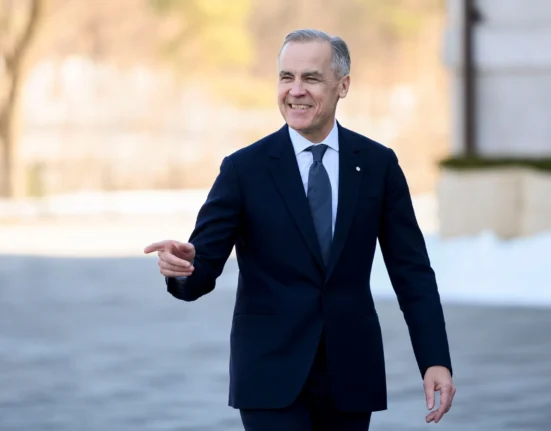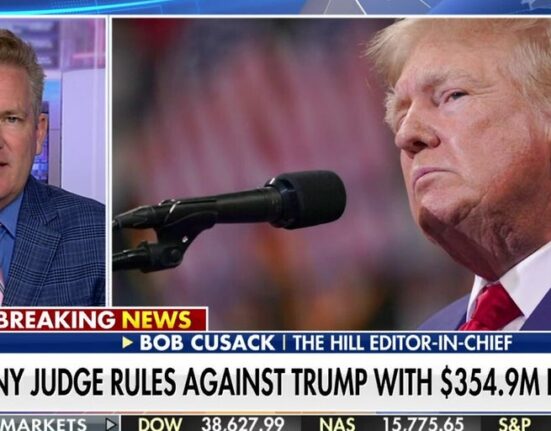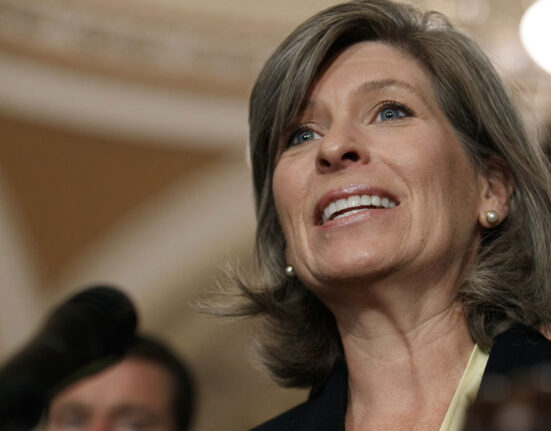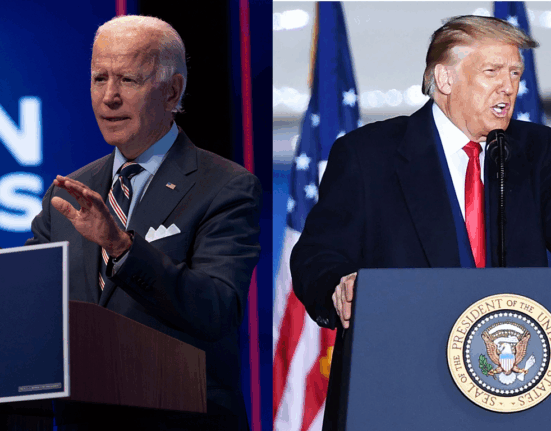“These kinds of taxes fall more heavily on the middle and working class.”
Have you heard about the latest chaos shaking up Wall Street and foreign markets? It all started when U.S. President Donald Trump dropped a bombshell announcement that sent shockwaves across the globe.
Trump unveiled his plan to slap a hefty 25 percent tariff on imported automobiles, set to kick in on April 3. The White House is banking on raking in a whopping $100 billion annually by championing local car production. But while this move may seem like a financial jackpot for the U.S., economists are sounding alarm bells over potential side effects.
Mary Lovely, a senior fellow at the Peterson Institute for International Economics, warned, “We’re looking at much higher vehicle prices… These kinds of taxes fall more heavily on the middle and working class.” Imagine shelling out an extra $12,500 for an imported vehicle if all of Trump’s tariffs get passed down to consumers!
“This is a very direct attack… We will defend our workers.”
The repercussions were swift; General Motors saw its stock plummet over 7%, Ford took a hit of nearly 4%, and car parts manufacturers Aptiv and BorgWarner weren’t spared either with losses around 5%. In 2024, the U.S. imported close to 8 million cars and light trucks valued at $244 billion!
But wait, there’s more! This auto tariff bombshell is just one piece of Trump’s grand trade war puzzle targeting almost every trading partner of Uncle Sam. From hefty tariffs imposed on Chinese goods to levies slapped on Mexican imports—no one seems safe from Trump’s economic crossfire.
And brace yourselves for what’s coming next—the United States is gearing up for reciprocal tariffs slated for April 2 just before the auto levies kick in. As tensions escalate globally, world leaders aren’t holding back their criticism.
“I am very concerned about the behavior of the American government.”
Brazilian President Luiz Inácio Lula da Silva expressed deep concern over America’s aggressive trade stance while Japanese Prime Minister Shigeru Ishiba made fervent appeals for Japan to be spared from such punitive measures but received no respite during recent talks in Washington.
The European Union sounded off warnings against escalating tariffs as South Korea braced itself for significant challenges in its auto sector due to impending duties. Meanwhile, Canadian Prime Minister Mark Carney fiercely vowed to protect his nation against what he termed as a “direct attack” aimed at Canada’s workforce and businesses.
“Khartoum is free.”
In another part of the world stage, amidst these turbulent economic times lurks geopolitical unrest brewing in Sudan as violence rages between factions vying for control over territories. The Sudanese army shifted its focus towards Omdurman after seizing Khartoum—a pivotal event that could define the course of Sudan’s civil strife which has claimed thousands of lives and displaced countless others.
“We do not need unanimity… we do not let them drag this out.”
In Europe, leaders convened in Paris reaffirming support for Ukraine as they grapple with Russia’s assertive maneuvers in Eastern Europe. Despite cease-fire agreements brokered by Washington between Moscow and Kyiv aiming to quell hostilities—a skeptical cloud looms over Europe regarding Russia’s true intentions.
Whether it’s trade wars or geopolitical standoffs—the global landscape finds itself embroiled in uncertainty where every decision made holds far-reaching consequences affecting economies and societies worldwide.









Leave feedback about this